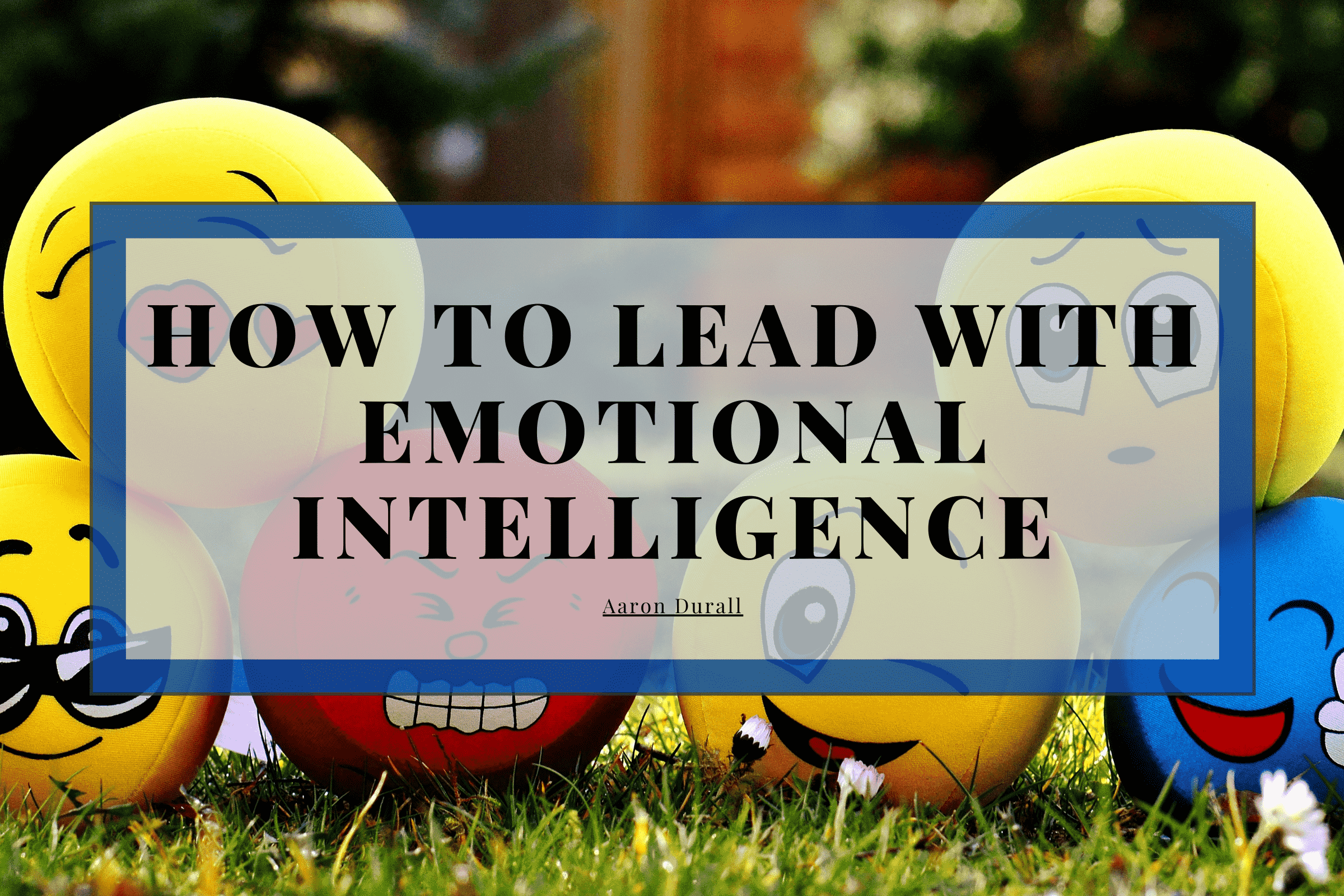
Leadership is a character trait that is hard to come by. It is learned over time and acquired through experience. Leadership by itself is insufficient if it does not showcase emotional intelligence. Emotional intelligence comes as a result of self-awareness. It means that you are vulnerable and authentic. Leadership with emotional intelligence is valuable to motivate staff members or teammates to achieve better. How do you effectively lead with emotional intelligence?
Become true
Nothin aches more than sharing with another party whose interests in your conversations are not sincere. The feeling of betrayal is worse than that of being ignored. Leaders are responsible for developing an authentic company culture and work environment. Being candid with your team shows that you too face challenges in life and are true to them. An open leader motivates and inspires others to bear with the hard times and work for the company’s goal.
Self-awareness
Leaders are as human as other members of staff. They, too, go through life’s many challenges. Leaders often overlook self-awareness despite it being critical to the success of relationships and engagements at work. If you feel worried and anxious as a leader, it helps to understand that not acting is alright until you relax. Connecting with your emotions will help you know what made you feel anxious and worried in the first place and the correct course of action to take.
Practice empathy
Empathetic leadership advocates for deeper connections with your team to understand work-related challenges and personal issues that affect their general performance at work. Emotional intelligence means that you let people know you care about them genuinely. Employees value that connection and often become loyal to their workplaces to feel safe and cared for deeply.
Communication
In every relationship, effective communication is a vital element that leads to better understanding and less friction. The same goes to work relationships. Effective leadership appreciates the role of regular communication at work over and above collaborating on decision making. Emotional intelligence enables members to know how connected they are to the overall mission. Communication lends itself to passing on feedback to employees on areas of improvement and for employees to share their grievances with working conditions at work. Emotional intelligence, therefore, plays a critical role in leadership.

